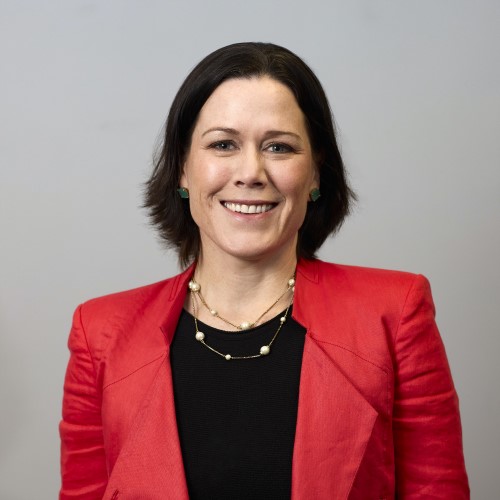From the Department

Alison Frame
Secretary, Department of Veterans’ Affairs
2025 has already been a huge year for the veteran community, with the Australian Parliament’s recent passing of the Veterans’ Entitlements, Treatment and Support (Simplification and Harmonisation) Act 2025 (the VETS Act) and the work we are doing to implement the Government’s response to the Royal Commission into Defence and Veteran Suicide.
The new legislation is a significant milestone and will make a real difference to veterans and families by moving to a single ongoing Act for compensation related claims from 1 July 2026. It is important to note there will be no reduction in payments DVA clients currently receive as a result of these changes. If a veteran receives payments under 2 existing Acts – the Veterans’ Entitlements Act 1986 and the Safety, Rehabilitation and Compensation (Defence-related claims) Act 1988, they will continue to do so, and those payments will be indexed as normal. (You can read more about the VETS Act on the front page of this edition of Vetaffairs.)
The new Act is the result of extensive consultation with the veteran community over the last 3 years, and the lived experiences of veterans and families have been integral to shaping the legislation. In the lead up to 1 July 2026, we will be focused on helping everyone in the veteran community understand what the changes mean for them. A communication and education plan is in place to ensure everyone is aware of the changes and how they might be impacted.
The VETS Act also establishes a Defence and Veterans’ Services Commission to oversee enduring and systemic reform – a key recommendation of the Royal Commission. The Government’s response to the Royal Commission provides clear direction to the Department on priority work for the years ahead and marks the start of a new chapter in how DVA supports the veteran community. We are co-designing, with the veteran community, a new agency focused on wellbeing to be established within DVA. We are also continuing consultations on the development of a national ex-service organisation peak body. (Read more on page 5.)
For claims received within the last 12 months, the average time to process an Initial Liability claim was 102 days. This represents a really significant reduction in average processing times but we are aware that waiting times are still too long for many and we are continuing to implement improvements to reduce these waiting times. We look forward to updating you on these efforts and to you experiencing the benefits.
While in Canada recently, I engaged with veteran community representatives and international counterparts on shared challenges and new approaches to support our respective veteran communities. This included meetings on veteran supports with UK and Canadian counterparts, traversing claims, mental health support, housing, and support for families. It was also good to learn more about Canada’s recently established Women Veterans Council, the work of which is directly relevant to work currently underway in DVA to develop a Women Veterans Strategy. (You can read about our Women Veterans Forum on page 6.) These meetings have paved the way for ongoing discussions that will ensure DVA is well positioned to implement global best practices to support the veteran community.
DVA is also supporting the establishment of a new independent veteran advocacy governance body – the Institute of Veterans’ Advocacy. Public consultation, including through an ex-service round table working group, indicated significant interest and broad support for the proposal. DVA is now working to support the Institute as a national professional association for veterans’ advocates. This Institute will provide leadership and support for advocates, set competency and training standards for the sector, and accredit and register advocates. It will also promote the availability of quality free-to-the-veteran advocacy services – as distinct from services that charge a commission based on statutory entitlements payments received.
This Anzac Day, we mark 110 years since the Gallipoli landings. For this year’s overseas Anzac Day commemorations, for the first time DVA has invited veterans and family members to apply to be part of our delivery teams on the ground. As you can imagine, the call-out attracted great interest from across the veteran community and the selection panel had a challenging task. I am delighted that joining the teams this year, in both France and Türkiye, will be 6 veterans and 2 veteran family members. In addition, one scholar from the Sir John Monash Foundation Scholarship Program will be assisting in France and 2 Gallipoli Scholars will have the same opportunity in Türkiye.
On a recent visit to Singapore, I visited the Kranji War Cemetery and the Singapore Memorial, which bears the names of more than 24,000 casualties of the Commonwealth land and air forces who lost their lives during the Second World War and have no known grave. I found it a deeply moving experience.
This Anzac Day, I hope you have the opportunity to honour all those who have served and remember those who have given their lives in our name. I will be reflecting on their sacrifice as we strive to improve the system that supports veterans and families.